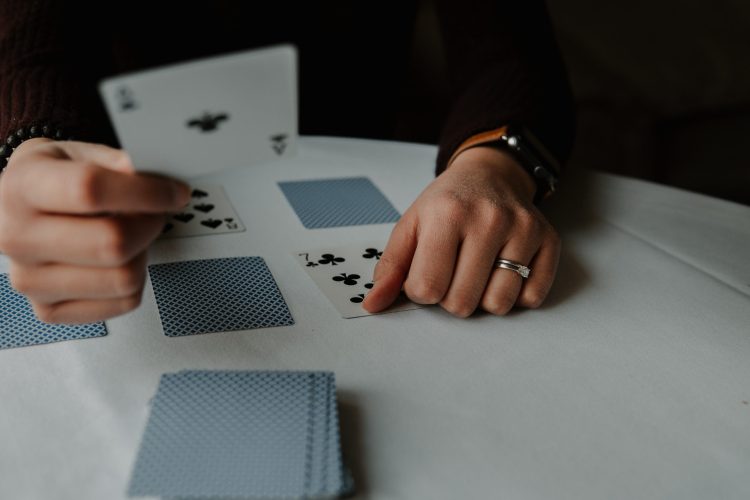Can Game Theory Help You Win? No matter the game, players will always look to find an upper hand or a way to increase their probability of winning. For games played as an individual, this is easy enough as you don’t need to worry about the actions of another player, and game theory can certainly give a distinct advantage as it serves solely as a better understanding of the game itself. This approach could help you bring in the big exclusive bonuses online through sites like casinos.co.za, but for other games where you’re competing with or against others, the waters become muddied. A great example of this can be seen in very strategic games like Bridge or Chess, although very different games can be very similar in approach and an area where game theory is often considered to be something that could have a huge impact on the outcome of a game. But can it help you win? For many the simple answer would be yes. A better understanding of the decisions that another player might make could certainly be of benefit, but there have also been suggestions that the opposite could certainly be true. Ultimately game theory will break down an action to a number of certainties. The example being a game of chicken, it could be considered that one will move, another will move, or there will be a coin toss to whether either moves or not. Whilst it works great at identifying where a problem or move …
Can Game Theory Help You Win?

Can Game Theory Help You Win?
No matter the game, players will always look to find an upper hand or a way to increase their probability of winning. For games played as an individual, this is easy enough as you don’t need to worry about the actions of another player, and game theory can certainly give a distinct advantage as it serves solely as a better understanding of the game itself. This approach could help you bring in the big exclusive bonuses online through sites like casinos.co.za, but for other games where you’re competing with or against others, the waters become muddied. A great example of this can be seen in very strategic games like Bridge or Chess, although very different games can be very similar in approach and an area where game theory is often considered to be something that could have a huge impact on the outcome of a game. But can it help you win?
For many the simple answer would be yes. A better understanding of the decisions that another player might make could certainly be of benefit, but there have also been suggestions that the opposite could certainly be true. Ultimately game theory will break down an action to a number of certainties. The example being a game of chicken, it could be considered that one will move, another will move, or there will be a coin toss to whether either moves or not. Whilst it works great at identifying where a problem or move may come from, it does little to tell you what the other person will actually do. It also does little to determine what the outcome may ultimately be even if there are only a few choices to be made, given that the best-case choice may not always be the choice that is made ultimately, it could also hurt more than it helps.
Now of course there are other suggestions particularly within these games that suggest if there are only certain moves that can be made, game theory would suggest that one of the possibilities is more likely, and if you’re the only player that follows game theory as a whole that may certainly be true. If both players are of the same understanding, then it allows for a lot more movement and the same rules may no longer apply. In games given in the example like Chess, this is particularly true in a one-on-one situation, but in other examples like Bridge where you may be reliant on a partner, there’s no accounting for what the other three players will do even if there is a strategy between players too. This is where game theory becomes a little more difficult to follow, whilst you may be able to apply it perfectly for your own game, there’s no accounting for others and what may happen in more realistic scenarios that aren’t pre-planned, or pre-determined and is certainly an important distinction to be made.
So back to the question at hand, can game theory help you win? The answer in short may be not as much as you think it could, and it requires a lot of time understand and effort spent for what may only be a marginal gain. But that doesn’t mean you shouldn’t apply some aspects of game theory to your own game, there’s a lot of information available for ways in which it can help certain aspects of your game without delving too much into a wider understanding of game theory, and all of the possibilities it brings. It’s of course important to tie this into the type of game you’re playing too. Bridge can be very complex and with a variety of different ways to play Bridge the strategy may be more effective in some over others, and so should also certainly be kept in mind if you’re looking to explore other strategies to follow.
Photo by Andrik Langfield on Unsplash








